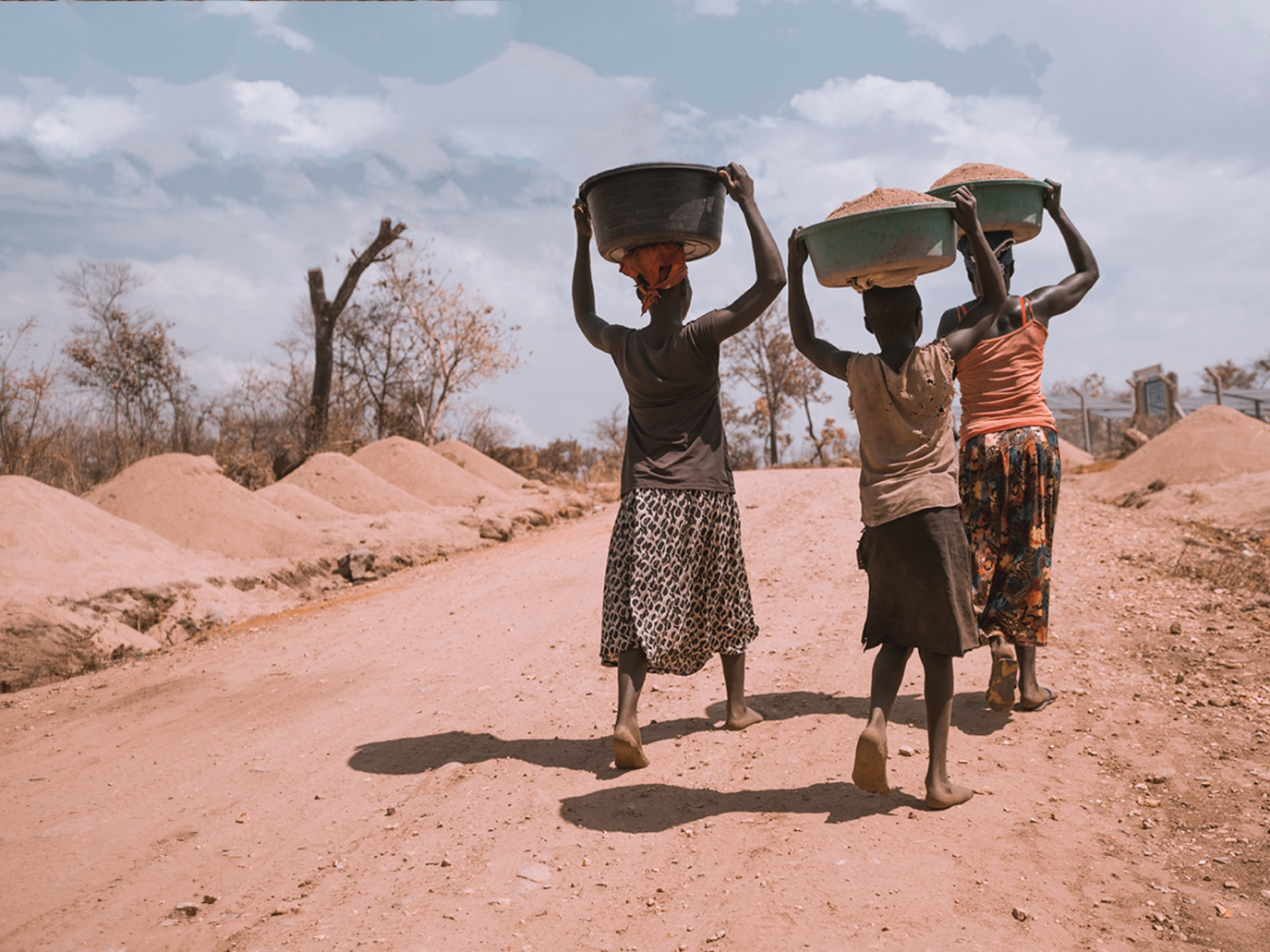It is called energy poverty, and it is considered one of the most limiting conditions for human development. The difficulty of individuals and families in accessing reliable energy services, in fact, does not only result in a lack of lighting or heating, but has direct consequences on every essential need: it precludes the development of economic activities, compromises health and hygiene conditions, hinders the possibility of education. The United Nations 2030 Agenda dedicates the Sustainable Development Goal number 7 precisely to the need to ensure access to affordable, reliable, sustainable and modern energy services for all, leaving no one behind: but five years after the adoption of SDGs and with only a decade left for their implementation, still one billion people in the world live without access to energy. Of these, 600 million are in sub-Saharan Africa.
The African paradox, between potentials and needs
Africa is a land of contradictions. It counts the second most numerous population in the world, and in recent years it has seen a significant economic and demographic growth that is expected to continue in the near future, prompting many to talk about an African century. However, this constant and rapid transformation has not been accompanied by an increase in energy: despite the fact that 16% of the world population resides in Africa, energy demand represents only 6%, a percentage that is halved when it comes to electricity.
In 2018, the electricity consumed by the 970 million people living in the sub-Saharan region was only 200 TWh: in the European Union, the electricity demand was 2 800 TWh for a little more than 440 million inhabitants. According to the International Energy Agency, if there is no change in government policies, access to electricity in the sub-Saharan area will only increase by 20% over the next decade. This will mean continuing to exclude 530 million people from the use of modern energy services and, therefore, from a full economic and human development.
In a global context where the green ambition is gaining more and more space, Africa seems to have all the credentials to satisfy its energy needs. Economical, inexhaustible, competitive and non-polluting, renewables are identified as the cheapest and most responsible energy option, attracting more and more investments from companies and governments. Thanks to its incredible natural resources, Africa can rely on an enormous potential of renewable energy, in particular solar, wind, geothermal and hydroelectric. Only by exploiting this potential, up to 24000 TWh per year of electricity could be generated, namely 26 times the amount of energy currently generated by the continent, corresponding to 90% of that produced worldwide in 2018. And this is precisely where the African paradox arises: the continent with the most renewable resources in the world and with the most urgent need for energy, is the one that has registered the least development in the clean energy sector over the last ten years. As highlighted by a RES4Africa Foundation study, only 2% of renewable energy installed globally in the last decade sees Africa as a protagonist.
A new light on Africa
In order to guarantee a continuous flow of electricity and, therefore, to ensure full development in a sustainable way, Africa cannot take any other path than that of exploiting its renewable energy potential. However, traditional public financing channels alone are not able to mobilise the capital needed to create this epochal change. Only with a real and safe opening of African markets to international investors and the involvement of the private sector, the continent will be able to guarantee reliable and sustainable access to energy for its population. A cooperative approach with Africa and Europe as partners will be able to give life to strategies and political plans that can make African markets favourable environments for safe and long-term investments in the renewable energy sector, which have as ultimate goal the satisfaction of the urgent energy needs of the continent. With the right energy policies and European support, Africa can be the first continent to achieve a significant level of industrialisation and economic growth with a much cleaner energy mix than the economies of the past. The reduction in the cost of renewable technologies makes access to sustainable and clean energy not only a possible goal, but also a duty: working with Africa, in Africa and for Africa is a moral imperative in terms of responsibility both towards the African population, which finally has the opportunity of building a prosperous and dignified future, and towards all future generations in terms of climate change. Africa's energy transition can guide the whole world towards a greener system: the time to act is now.
Photo: Uganda, credit Ninno Jack jr. (Unsplash)



